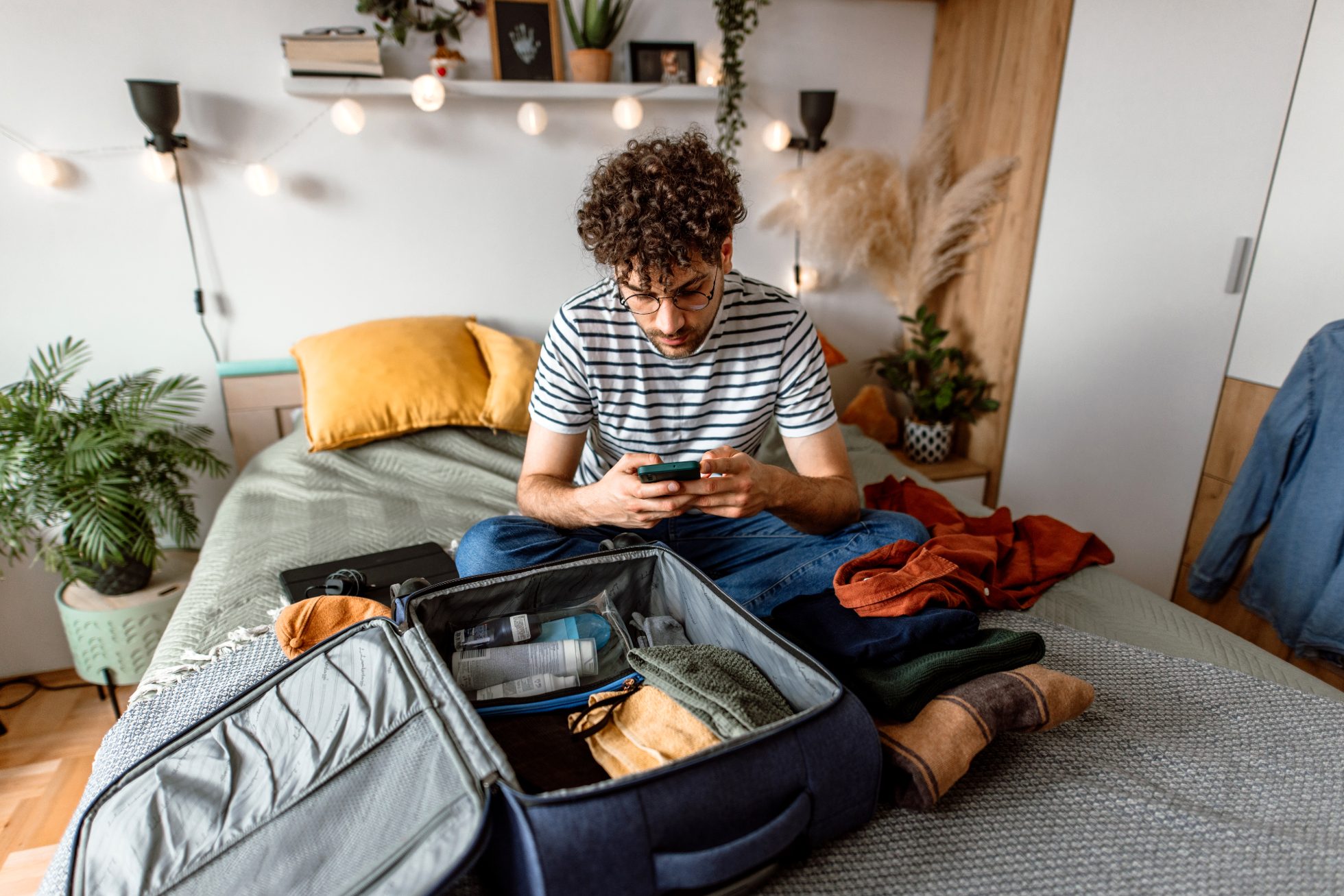Travel medicine — how to prepare for a trip abroad?
🕗 3 minutes | March 3, 2025 | Material prepared by Politykazdrowotna.com

Do you want to take care of your health while traveling? Before you leave, familiarize yourself with the current health recommendations in your destination country and stay up to date with announcements from the Chief Sanitary Inspectorate. What else is worth knowing? We explain.
✅ Things to know before departure:
- If you are traveling to tropical countries, a visit to a travel medicine clinic is a must.
- Traveling abroad is an excellent opportunity to catch up on routine vaccinations.
- Before you go on vacation, check out the travel insurance options available.
Vaccinations – the key to a safe trip
Are you traveling to tropical countries? A visit to a travel medicine clinic is a must. Consulting an infectious disease, tropical medicine, or travel medicine specialist will help you plan appropriate health precautions.
It is recommended that the consultation take place 6-8 weeks before departure to allow time for vaccinations or preventive medication, especially in the case of malaria.
Depending on the region you are traveling to, your doctor may recommend vaccinations against:
- yellow fever,
- typhoid fever,
- hepatitis A,
- meningococcal disease,
- tick-borne encephalitis,
- japanese encephalitis,
- rabies.
Yellow fever vaccination – mandatory in some countries
Vaccination against yellow fever is required when entering certain tropical countries, especially in Africa and South America. Proof of vaccination is recorded in the International Vaccination Certificate, commonly known as the “yellow book,” which serves as proof of the required vaccinations. Other vaccinations can be documented in the same booklet at the patient's request.

Complete routine vaccinations before departure
Remember that traveling abroad is an excellent opportunity to complete routine vaccinations, such as:
- tetanus, diphtheria, pertussis,
- hepatitis B,
- measles, mumps, rubella,
- poliomyelitis.
Planning a vacation abroad? Be sure to read this
Are you planning a trip abroad? Familiarize yourself with the mandatory and recommended vaccinations and check what protective measures are required in the country you are traveling to. Detailed information on vaccinations and yellow fever vaccination centers can be found on the website of the Chief Sanitary Inspectorate.
Travel first aid kit and European Health Insurance Card (EHIC)
When going on vacation, don't forget to take a first aid kit with you, which will be helpful in case of illness or injury during your trip. If you are flying to a European Union country, apply for a European Health Insurance Card (EHIC) before you leave. This card entitles you to necessary healthcare services at the expense of the National Health Fund during your temporary stay in EU/EFTA countries.
Holiday insurance – key policies
Before you go on vacation, familiarize yourself with the range of travel insurance policies available, which include, among other things:
- accident insurance,
- medical expenses abroad,
- rescue and search costs,
- civil liability,
- equipment and luggage insurance,
- cancellation and early return insurance.

Safe travel – information and preparation
Before leaving, check the current travel warnings on the website of the Ministry of Foreign Affairs and remember to leave your address and travel plans with your loved ones. Always carry the contact number for the relevant diplomatic or consular office with you. If Poland does not have a diplomatic mission in a given country, you are entitled to consular assistance from other European Union member states.
Where can I find information about vaccinations before traveling?
It is worth reading the information published by international organizations such as:
- World Health Organization (WHO),
- Centers for Disease Control and Prevention (CDC),
- National Health Service (NHS).
What should you do if you suspect you have contracted an exotic disease?
If you suspect that you may have contracted an exotic disease while abroad or after returning to your country, contact your doctor immediately. In Poland, you can go to the nearest traveling medicine consultation point or contact the County Sanitary and Epidemiological Station (PSSE) in your area.
If you suspect malaria, which is one of the most common tropical diseases, with symptoms including fever, chills, headaches, vomiting, and diarrhea, immediate medical consultation is crucial. In Poland, there are specialized centers for the diagnosis and treatment of tropical diseases.